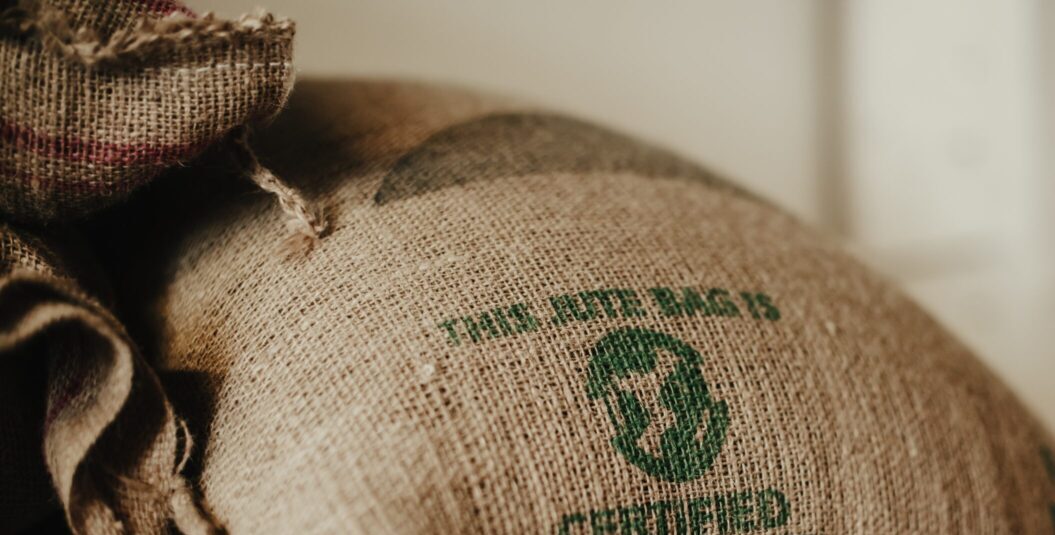Decoding voluntary sustainability standards
Under growing pressure to take meaningful social and climate action, companies increasingly seek to rubberstamp their activities with a sustainability label. From household names like the EU Ecolabel to Fairtrade, there are approximately 400 sustainability certifications and labels active worldwide. These labels – also known as voluntary sustainability standards (VSS) – set out requirements for value chain actors, such as producers and manufacturers. However, with a torrent of schemes, labels, and conflicting business interests, VSS models are far from equal.

Voluntary sustainability standards (VSS) impact everyday decisions in our lives and economic system. Overall, half of consumers consider whether a product bears a sustainability label when making purchasing decisions. Businesses adjust production processes to meet different sustainability certification requirements. Public procurers may use VSS to prioritise more sustainable producers. In turn, producers may align themselves with VSS to become a more desirable supplier. Even policymakers sometimes incorporate VSS into regulation to help achieve policy objectives. This is why it is crucial to ensure the credibility of such certifications.
Not all VSS are made equal
There are two types of VSS with important differences when it comes to credibility and ambition. Sustainability certifications are schemes that evaluate and certify companies, products, and services against criteria developed autonomously without adhering to any official standard or regulation. Due to this lack of oversight, greenwashing is rampant among sustainability certifications.
Ecolabels, on the other hand, follow an international environmental labelling standard (ISO 14024 Type 1). That means that they assess the environmental impact of a product or service throughout its lifecycle, have independent auditing, and only certify top performers. Despite higher credibility compared to sustainability certifications, ecolabels still have room to grow. For example, increasing the ambition of their requirements and strengthening civil society and local communities’ inclusion to ensure that all relevant impacts are accounted for.
VSS are active in nearly all sectors
VSS are available for almost every sector but play a critical role in a particular few with heavy environmental and social impacts: forestry, mining, food systems, and textiles.
Take textiles, for example. The apparel and footwear industry has been estimated to be responsible for around 8-10% of global emissions while also accounting for 10% of all currently active VSS . Agricultural products – particularly those well-known for unethical labour practices, such as coffee and tea – account for 20% of all VSS. Forestry and mining, in turn, are responsible for the loss of 130 million hectares of global tree cover between 2001 and 2020. These sectors have relatively few certification schemes, which means that changes to the requirements of one certification can impact a significant portion of certified operations, changing the baseline for what is considered sustainable management of mining sites and forests at a global scale.
Making voluntary sustainability standards better
VSS have the potential to improve the social and environmental performance of the private sector. Unfortunately, this is not always the case . Instead, some certifications have been shown to enable greenwashing by having unambitious requirements, lacking genuine engagement with local communities and civil society, or using dodgy auditing practices. Even ambitious VSS with strong standards are not bulletproof due to weak implementation and the lack of transparency and product traceability, Greenpeace found.
VSS can be made better by:
• Bolstering VSS criteria to go beyond business-as-usual.
• Improving transparency, for example, by sharing the results of audits. Communicating whether a certification has been awarded or not is simply not enough.
• Ensuring that diverse viewpoints are considered through stronger representation of civil society, rightsholders, and local communities in VSS decision-making bodies.
Making better use of voluntary sustainability standards
We can also make better use of VSS. When used to complement – and not replace – regulation, VSS can be useful in improving the sustainability of the private sector so it can fulfil their important role in achieving the Sustainable Development Goals.
This is because the role of environmental regulation is to set minimum requirements . Raising the ambition of these standards should be the first step in improving the private sector’s sustainability performance. The role of VSS, however, is to incentivise companies to adopt best practices that go beyond compliance and pull the market towards sustainability. In turn, credible VSS can act as proof-of-concept for more ambitious minimum requirements in legislation.
For better or for worse, VSS are a powerful market tool. Making them better and making better use of them will require strong engagement from civil society. ECOS, together with our network of members and experts, is working to steer VSS in the right direction.
If you are interested in hearing more about our work on VSS, please send an email to Laura Väyrynen, Programme Manager at ECOS (laura.vayrynen@ecostandard.org). You can also learn more on our website.

 By
By  By
By 
